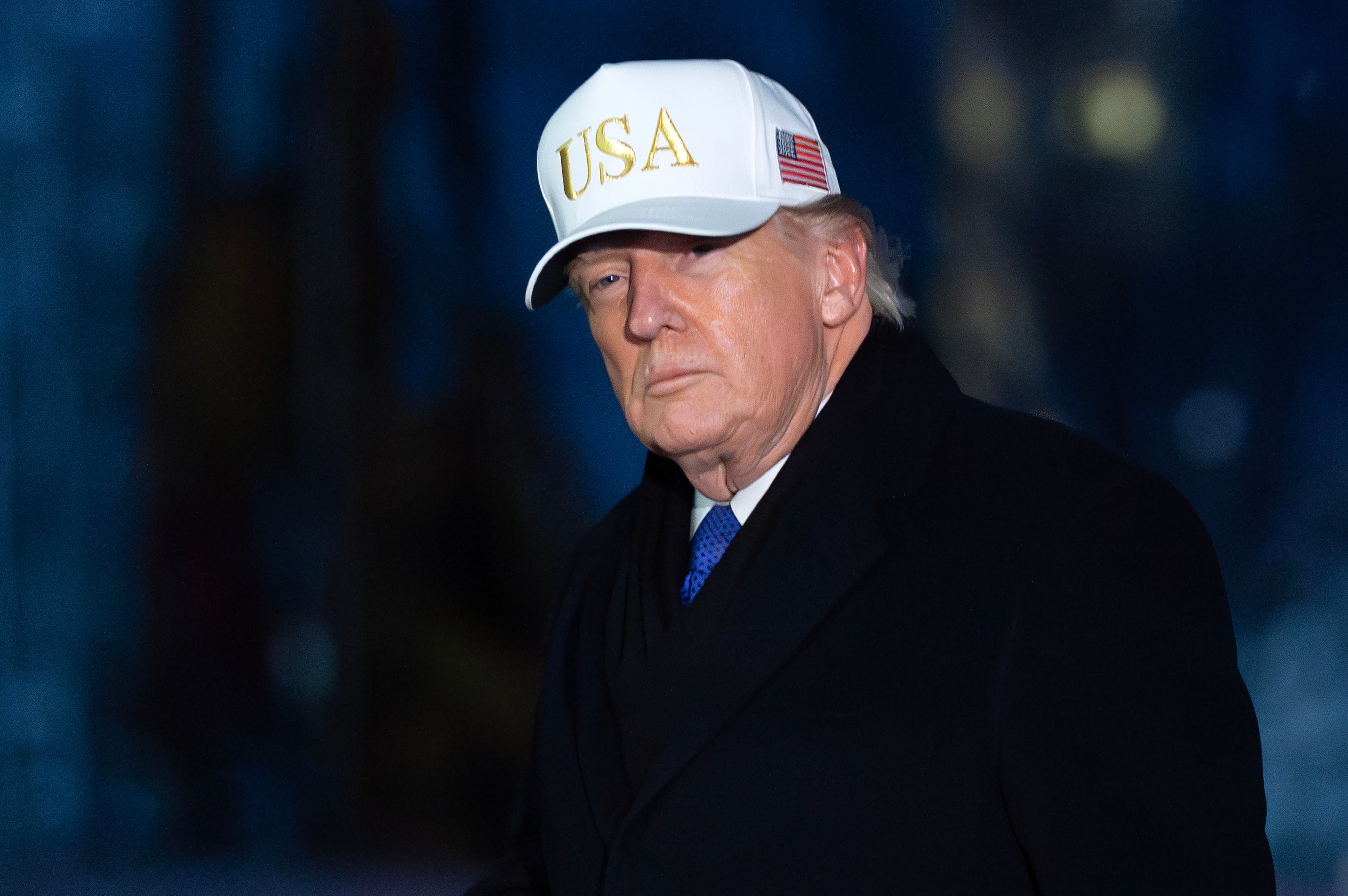RHONE: Target boycott must aim higher than reinstating DEI programs

I haven’t been to a Target since February 14.
That was two weeks after Minnesota activists called for a boycott of the massive retailer to protest Target’s announcement that it would end diversity, equity and inclusion initiatives and investments to stay in “step with the evolving external landscape.”
The external landscape had evolved days earlier when President Donald Trump issued an executive order ending federal DEI programs. Activists believed Target executives were scuttling these programs to avoid the wrath of the president.
In the past, I have periodically avoided shopping at Target (and other major retailers) not because of a political stance but in a general pushback against rampant consumer culture.
A friend, a mother of two children under age 10, has been known to stroll the aisles of Target as a method of self-care. She has also been steering clear of the Bullseye brand to avoid excessive retail therapy but the boycott has offered added incentive.
I imagine there are more of us for whom this boycott is as much about protesting the dismantling of DEI initiatives as it is about ridding ourselves of mindless shopping habits. But how long can we live without the convenience of the mega retailer? And are enough of us willing to make the sacrifice?
These are the questions that determine if a boycott will have a significant economic impact. In a recent interview with National Public Radio, Jura Liaukonyte, a marketing professor at Cornell University, said the first factor to consider in evaluating the potential effectiveness of a boycott is whether the stance taken by the company under boycott diverges from the beliefs of its core customers. The second factor is whether consumers can easily substitute the brand for something else.
For the Target boycott, Liaukonyte said success will come down to how essential Target is for shoppers and whether they can find other convenient alternatives.
That sounds right. I only went to Target that day in February because I needed a certain Lego set and I didn’t have time to order it from the website or visit the retail store.
From the colonists who planned to boycott tea in opposition to the Tea Act to the 35-year boycott against South Africa in opposition to Apartheid, boycotting is part of our DNA, despite our desire for convenience.
In recent years, it seems as if there are more boycotts than we can count. Companies including Amazon, Walmart, Twitter, Barclay’s, Nike, Johnson & Johnson, L’Oreal and so many more have been targeted.
The increase corresponds to a rise in corporate political engagement which in turn encourages consumers to either avoid or invest in products or companies for political reasons.
Atlanta residents became big supporters of the Target boycott on March 5 when Jamal Bryant, pastor of New Birth Missionary Baptist Church in Stonecrest, called for a 40-day fast from Target.
In his address to the congregation on Easter Sunday, Bryant said more than 200,000 people had officially agreed to participate in the boycott.
Target has since had a consistent decline in foot traffic, according to multiple reports and the company has projected 1% sales growth for the year. Target stock has also dropped.
“There is power in unity and we know the power of Black economics,” Bryant said.
There are other factors that probably contribute to the challenges facing Target, including economic struggles resulting from Trump’s tariffs. But the boycott had enough of an impact to initiate a meeting between Target executives, Bryant and Rev. Al Sharpton in mid-April.
After the meeting, Target representatives agreed to honor an existing pledge made in 2020 to invest $2 billion in minority businesses by the end of July but declined to meet three other demands including investing in Black banks and Historically Black Colleges and Universities and reinstating its DEI program and metrics.
It is fair to ask if these are the most impactful demands to make. Should we be asking Target executives to reinstate the same DEI initiatives they were so quick to dismantle when the winds of society shifted or should we push for deeper and more meaningful changes?
Last week, Bryant declared that the 40-day fast has officially become a boycott of indefinite length. He compared the effort to the Montgomery Bus Boycott of 1955, which lasted 13 months and crippled the city transit system as riders protested racial segregation.
Bryant suggested that until Target meets the demands issued, supporters of the boycott should shift their dollars to Black-owned businesses by purchasing directly from those companies.
Building more intentional shopping habits among consumers may be the most meaningful outcome of this or any other boycott.
Even consumers with little or no interest in supporting DEI programs should be invested in supporting small businesses. And if boycotting Target forces us to give more consideration to what we buy and who we are buying it from, that feels like a win.
Read more on the Real Life blog (www.ajc.com/opinion/real-life-blog/) and find Nedra on Facebook (www.facebook.com/AJCRealLifeColumn) and X (@nrhoneajc) or email her at nedra.rhone@ajc.com.



